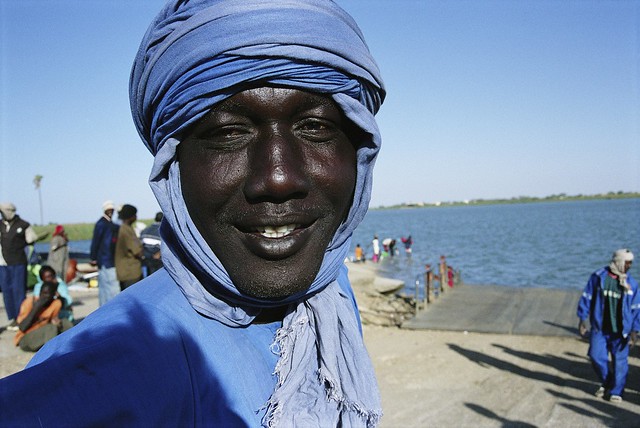A landlocked country in East Africa, Burundi is a low-income economy, with 80% of the population employed in the agricultural sector. Located in the Great Lakes region, Burundi is surrounded by Rwanda to the north, Tanzania to the east, the Democratic Republic of the Congo to the west, and bordered by Lake Tanganyika to the southwest. With a population of 13.2 million people (2023), 50.3% of whom are women and 41.5% are young people under 15, Burundi is one of the most densely populated countries in the world, with a density ratio of 442 people per square kilometer (2020 population projection).
Burundi has made significant progress in terms of access to education. Thanks to the introduction of free primary education in 2005, the gross enrollment in primary education reached 118.4% during the 2023/2024 school year without significant variation between provinces, gender, or level of income.
Political Context
President Evariste Ndayishimiye was elected in 2020 for a seven-year term of office. The ruling party, CNDD-FDD, has dominated the political scene since 2005, with a large majority in the National Assembly (87 out of 123 seats) and the Senate (38 out of 39 seats). Legislative elections are planned for June 2025 and will follow the new country’s administrative structure which reduces the numbers of provinces from 18 to 5 and the new number of parliamentarians will be 103.
The National Development Plan (NDP) was updated to implement Burundi’s vision, "Emerging country in 2040 and developed country in 2060." The NDP has an overall objective of transforming structurally the Burundian economy for strong, sustainable, resilient, and inclusive growth, creating decent jobs for all and leading to the improvement of social well-being. The implementation of the vision will promote population growth compatible with the viable and sustainable management of available resources, as well as human development likely to be valued on national and international labor markets.
Socio-economic Background
Real GDP growth is estimated at 3.5% in 2024, up from 2.7% in 2023, supported by agriculture, domestic demand—especially public—and improved electricity supply. On the supply side, agriculture (+3.7%) rebounded despite flooding, driven by good rainfall. The tertiary sector (+4.2%) benefited from the dynamism of public services. In contrast, industry (+1.0%, down from 2.9% in 2023) was affected by persistent fuel and currency shortages, before starting to recover in the second half of the year, supported by the commissioning of three new power plants.
Average annual inflation slowed to 20.2% in 2024, down from 27.1% in 2023. However, it accelerated sharply from mid-2024, rising from 12.1% in May to 39.7% in February 2025. This surge is mainly due to increases in the price of essential goods. Food inflation, in particular, is putting increased pressure on low-income households, exacerbating poverty risks.
Real GDP growth is expected to reach 3.6% in 2025, supported by the recovery of the secondary sector (bolstered by the commissioning of the Jiji & Mulembwe power plant), the revival of mining exports, and services. Inflation is expected to remain high, around 40%, due to the increased monetary financing of the deficit and a persistent exchange rate gap. In the medium term (2026–2027), growth is expected to average 4%, while inflation would gradually moderate to 27.9%.
The budget deficit, projected at 5.6% of GDP in 2025, is expected to decrease to 4.4% by 2027, while public debt would decline from 69.3% to 64.6% of GDP. The current account deficit, estimated at 11.5% in 2024, would continue to decrease, notably thanks to the increase in mining exports.
Downside risks include climate shocks, fiscal slippages, and regional geopolitical tensions.
Last Updated: Apr 01, 2025







